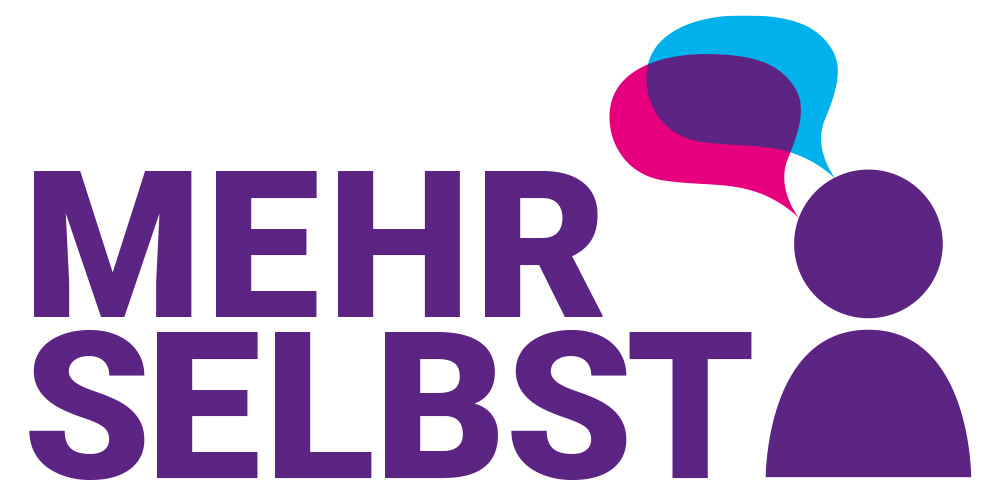PragmaSelf
Pragmatic-Communicative Self-Concept of Multilingual Children and Adolescents in Transition

Growing diversity in Germany is leading to a large variety of languages used, and multilingualism is becoming increasingly relevant in educational contexts. For many people living in Germany, German is no longer a first language, but a second or third language. However, the German language is a crucial medium for the access to education. In terms of educational equity, it is therefore necessary to address the situation of multilingual people when learning German as a target language in order to derive possible opportunities and potential from this. This is because multilingual people have already competently learned at least one other language and have acquired skills and abilities whose effects on the acquisition of further languages continues to be researched. The PragmaSelf project focuses on pragmatic-communicative competencies, which are essential for interpersonal relationships and social participation and thus also contribute decisively to educational equity. The field of pragmatics does not focus on language structures in isolation, but on their use in context. As so-called language use, it is always situation- and context-bound and complex to assess. The focus of PragmaSelf is on the subjective perception of one’s own pragmatic-communicative competencies, which we define as pragmatic-communicative self-concept.
Self-concept is understood here as perceptions, attitudes and beliefs about oneself. This is in close interaction with one’s own behaviour, i.e. also with language use. It consists of various sub-concepts, including a linguistic and a social self-concept. For the PragmaSelf project, the overlap of these two sub-concepts is the interface where pragmatic language use and a possible pragmatic-communicative self-concept are located. The aim of the project is to analyse and describe this interface in order to be able to derive long-term support and intervention for the pragmatic-communicative self-concept. For this purpose, interviews with multilinguals and their caregivers will be conducted in the form of an explorative study in addition to language and communication assessment in order to reveal these pragmatic-communicative self-concepts. The evaluation will then be carried out by means of a qualitative content analysis.
Objectives
The aim of the project is to analyse and picture the pragmatic-communicative self-concept of multilingual children and adolescents in Germany and to derive and evaluate approaches to support positive self-concepts.
Funded by
Federal Ministry of Education and Research (BMBF)
Duration
October 2022 - September 2025
Project management
- Prof. Dr. Stephan Sallat, University Halle-Wittenberg
- Prof. Dr. Matthias Ballod, University Halle-Wittenberg
Project team
- Maria Busch
Institution
University Halle-Wittenberg
Partners
- Francke Foundations (Franckesche Stiftungen)
Halle, Germany
Website
https://www.reha.uni-halle.de/arbeitsbereiche/sprachbehindertenpaedagogik/mehrselbst/